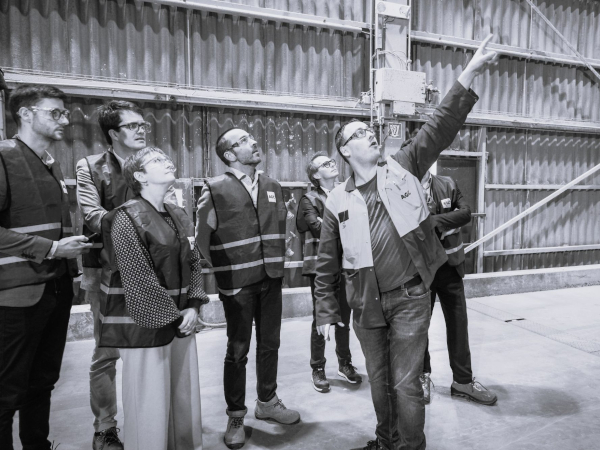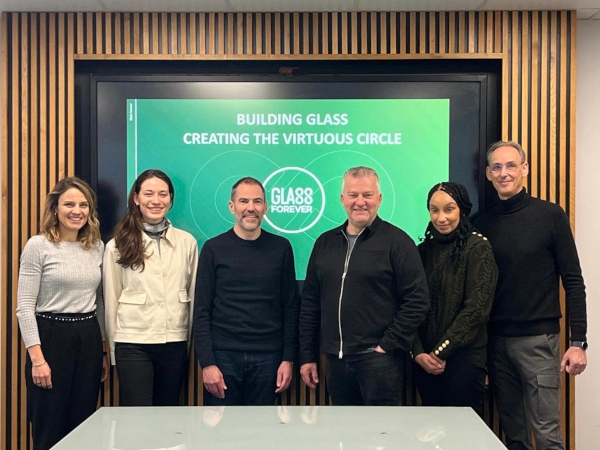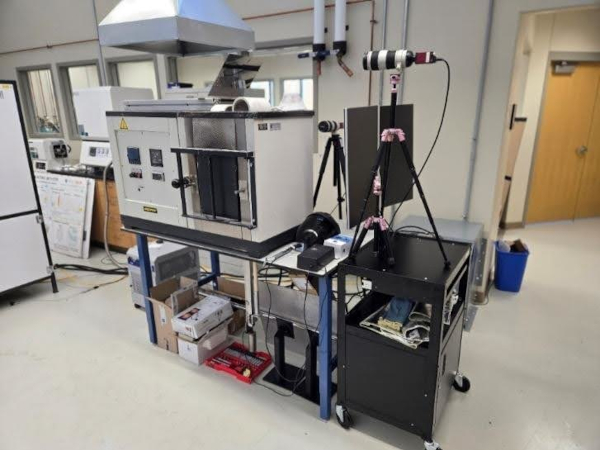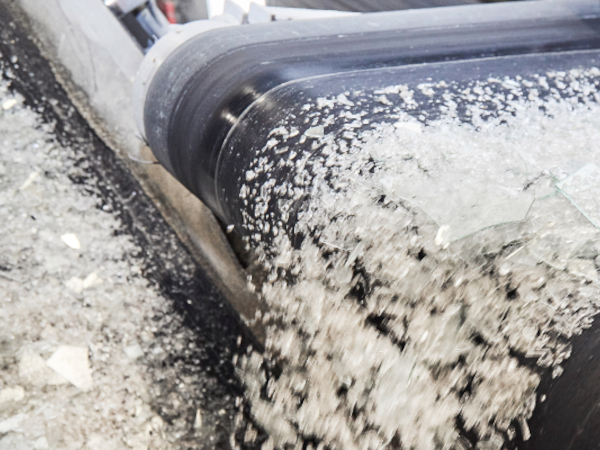Date: 22 January 2007
Whether retailers and stockists of glass, and products in glass, should be supporting the initiative, is a question that begs answering.
Despite being 100% recyclable, just 20% (140 000 tons) of all glass containers produced annually are retrieved for recycling in South Africa, which is relatively poor when compared to international rates. The recycling rate in the Netherlands is sitting at 90%; the Australian benchmark at 50%; the UK on 45% and Brazil is holding firm at 40%, which is a clear indication that something has to be done to dramatically improve this country's recovery and recycling of waste glass.
Partnership
The Glass Recycling Company has effectively been born from a partnership between National Government, glass manufacturers, fillers (users of glass to package their products), and recyclers in its efforts to increase the recycling rate from 20% to 50% within the next five years. The aim is to protect the environment and create income generation opportunities for historically disadvantaged South Africans in particular.
According to The Glass Recycling Company's GM, Shabeer Jhetam, a man who comes from a recycling background, for recycling to be a success, everyone has to participate in each phase of the process. He adds that the FMCG retailer market is not exempt from this and stresses that it has a huge role to play in helping with the recycling drive.
Jhetam cites glass bank placement at shopping centres and becoming a member of The Glass Recycling Company as the most immediate ways in which retailers can play a role.
"By lobbying on our behalf with landlords of shopping centres for placements, retailers can help us with the development of our collection footprint. Of course by becoming a member of The Glass Recycling Company and paying the incumbent levies, retailers are giving back to the community through good corporate citizenship and have the opportunity to offer strategic support to the company," says Jhetam.
"Further to this, we are calling for all importers of glass to declare these volumes. This glass will automatically be included in our recycling quotas and to this end we need to secure levies to cover the cost of our recovery efforts."
Promotes and educates
This non-profit organisation does not recycle the glass itself - rather it promotes and educates about the importance of the recovery of waste glass for recycling, linked to the need to protect the environment.
"Environmental protection and ecotourism is the responsibility of every citizen and by recycling glass; energy, water and other non-renewable natural resources are preserved. By way of example: the energy saving from recycling one bottle will power a 100 watt light bulb for almost an hour; a washing machine for 10 minutes; a TV for 20 minutes and a computer for 25 minutes. Added to this, glass is infinitely recyclable and does not affect the quality or integrity of the new product," explains Jhetam.
"Glass only accounts for 4.7% of the country's total waste and about 550 000 tons of waste glass finds its way into landfills in South Africa annually. Through The Glass Recycling Company, we aim to minimise wastage of glass, and promote its sustainable recycling to protect our environment. Strategic imperatives include growth in glass recovery and recycling; job creation; environmental protection; prevention of detrimental legislation on glass packaging; and create synergies with NGOs, CBOs and other organisations," adds Jhetam.
Read the entire news on the source link below.







Add new comment